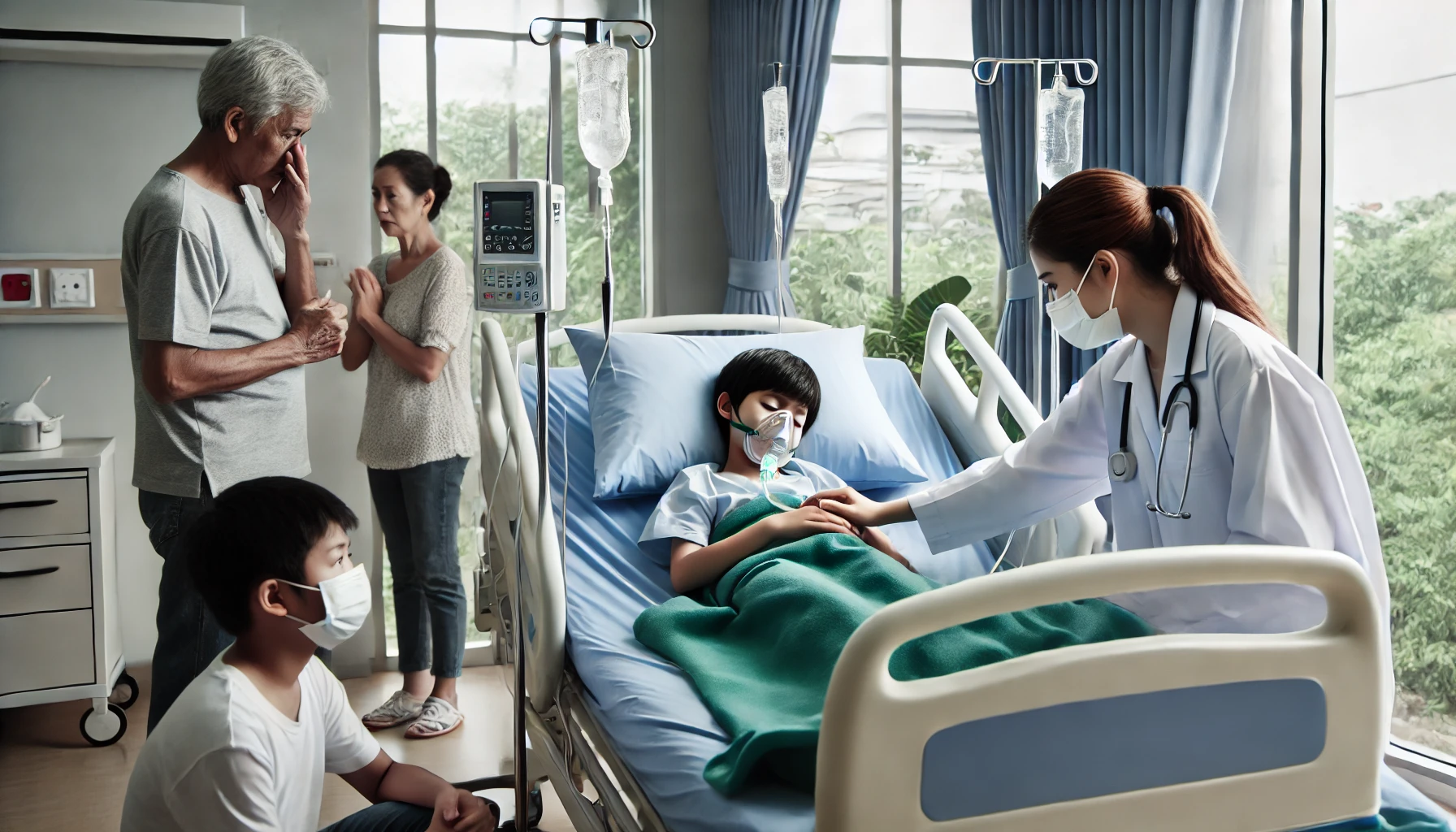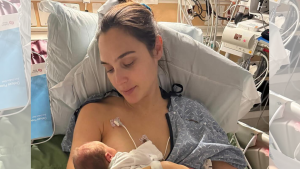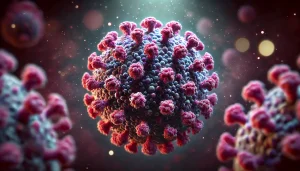
Health
What to Know About China’s Human Metapneumovirus (HMPV) Outbreak
Chinese State-Sponsored Hackers Breach Treasury Workstations
World
The U.S. Treasury Department has confirmed a cyberattack linked to a Chinese state-sponsored hacking group, marking another escalation in cyber espionage targeting …
Jolie-Pitt Divorce Officially Finalized After Eight Years
Entertainment
Angelina Jolie and Brad Pitt have brought an end to their prolonged divorce case, reaching a final settlement after eight years of …
Free Apple TV+ Weekend Kicks Off New Year Entertainment
Entertainment
Apple TV+ is starting 2025 with a bang by offering free access to its streaming catalog on January 4 and 5. For …
Jason Momoa Cast as Lobo in ‘Supergirl: Woman of Tomorrow’
Entertainment
Jason Momoa, renowned for his role as Aquaman in the DC Extended Universe (DCEU), is set to portray the intergalactic bounty hunter …
The Astrological Impact of the Rare December 30 ‘Black Moon’
Science
The rare Black Moon rising tonight, December 30, 2024, holds significant astrological meaning, marking a period of reflection, renewal, and goal setting. …
Gal Gadot’s Health Crisis Highlights Pregnancy Risks
Entertainment
The story of Gal Gadot’s emergency brain surgery during her fourth pregnancy has sparked conversations about the health risks women face during …
What is the $78 Walmart Birkin Bag? A Breakdown of the Trend
LifeStyle
The “Walmart Birkin” has taken the internet by storm, but what makes it so popular—and controversial? A Viral Sensation The affordable handbag, …
Norovirus on the Rise: How to Protect Yourself at Home and on the Go
Health
With norovirus cases surging across the country, it’s more important than ever to take proactive steps to protect yourself and your loved …













